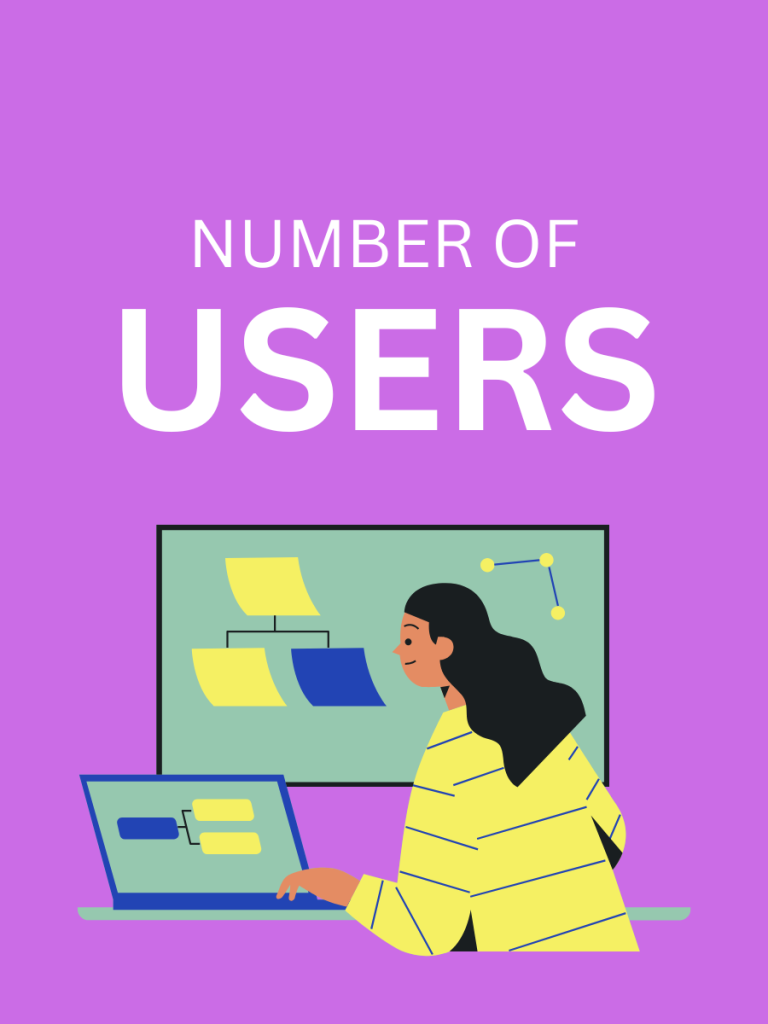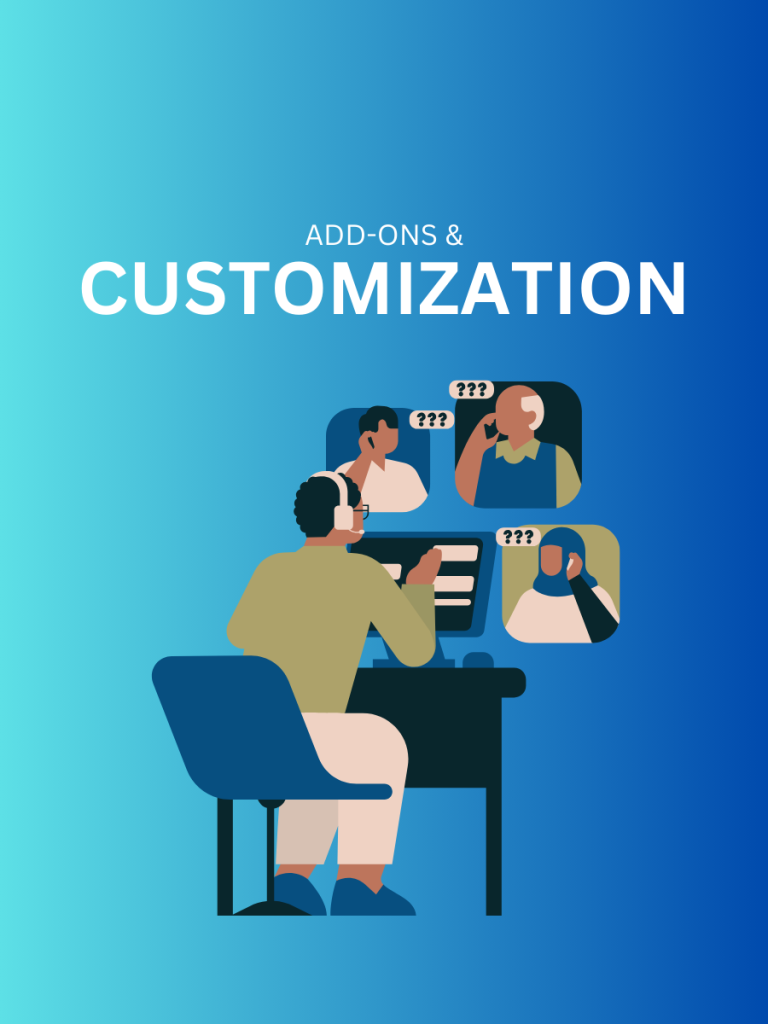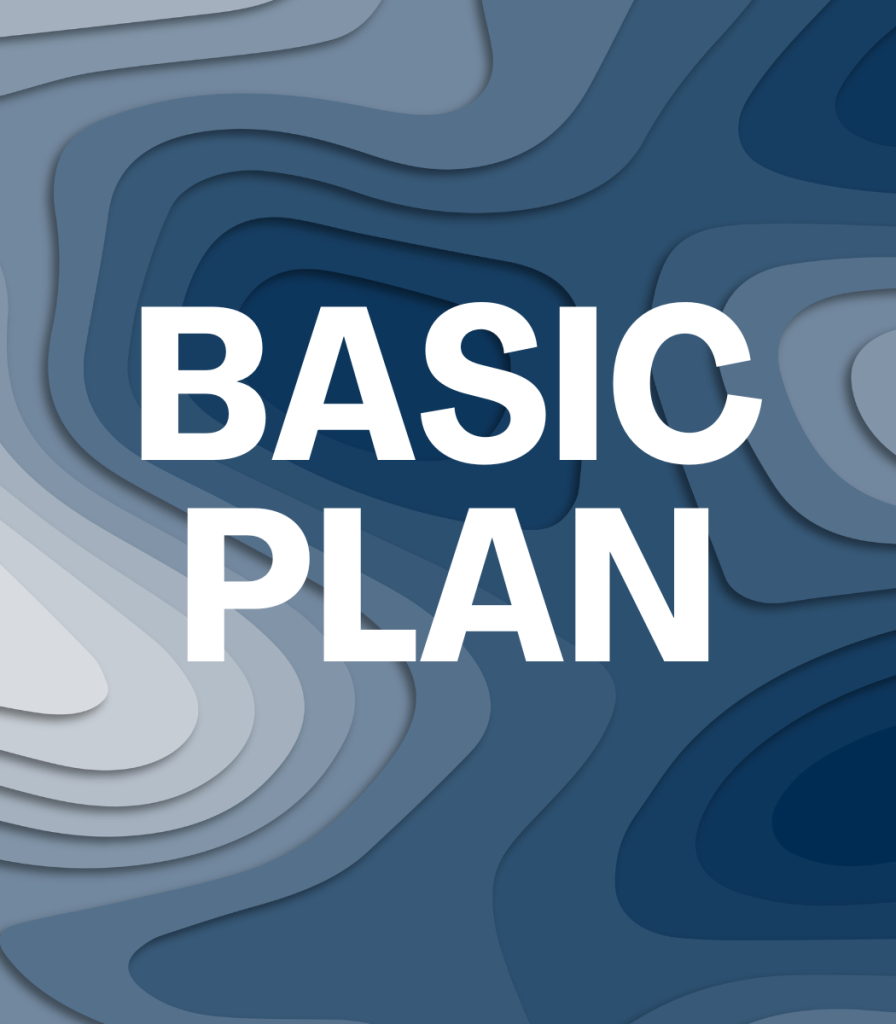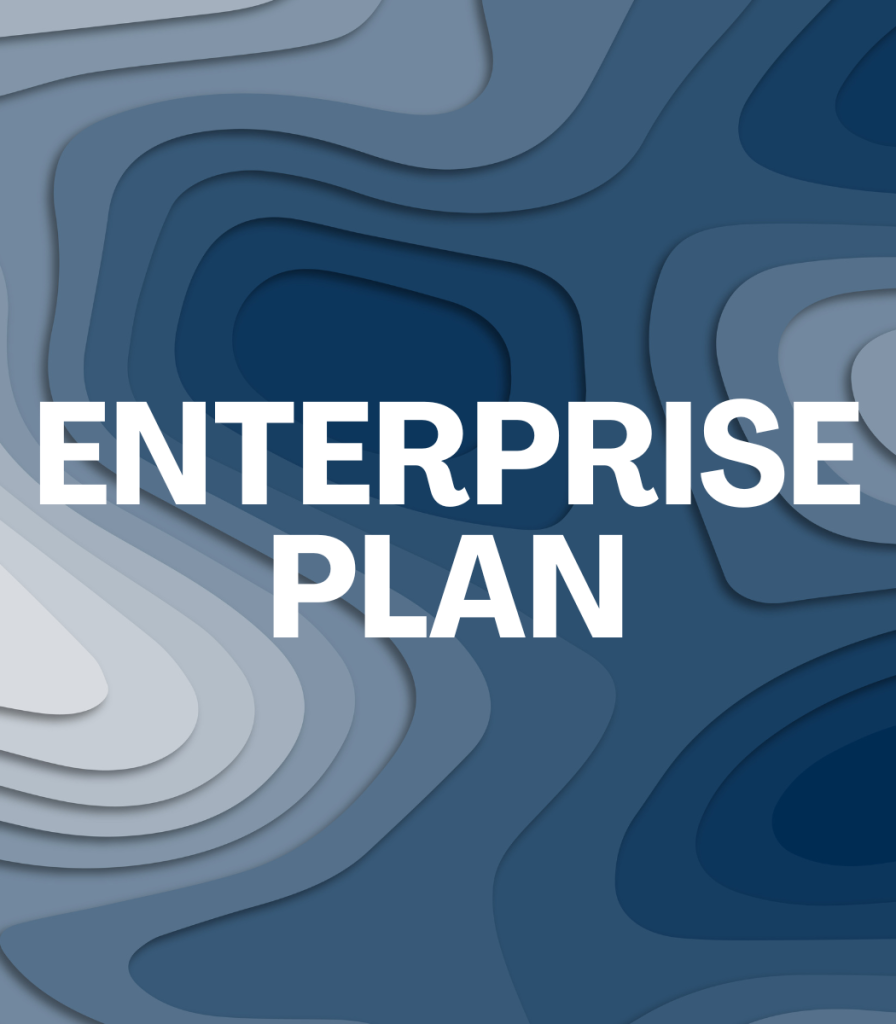Salesforce Marketing Cloud Pricing
Salesforce Marketing Cloud is a powerful platform that helps businesses manage and optimize their marketing efforts. However, when it comes to pricing, the structure can be complex and may vary based on several factors. In this guide, we will delve into the details of Salesforce Marketing Cloud pricing, providing clarity on its components and helping you make an informed decision.
Salesforce Marketing Cloud: An Overview
Salesforce Marketing Cloud is a suite of digital marketing tools designed to help businesses create personalized marketing campaigns, manage customer journeys, and analyze marketing performance. Its features include email marketing, social media management, advertising, and data analytics, making it a comprehensive solution for digital marketing needs.
Explore Salesforce Account Engagement Pricing to enhance your marketing strategy.
Factors Influencing Pricing
Before diving into the specific pricing plans offered by Salesforce Marketing Cloud, it’s essential to understand the factors that influence pricing. Salesforce typically customizes pricing based on several key factors:
1. Number of Users:
The number of users accessing the Salesforce Marketing Cloud platform can significantly impact pricing. Most pricing plans are based on a per-user model, meaning that organizations with more users may incur higher costs. However, Salesforce often offers volume discounts for larger teams or enterprise-level deployments.

2. Level of Functionality:
Salesforce Marketing Cloud offers a wide range of features and functionality, from basic email marketing to advanced automation, analytics, and AI-powered personalization. The level of functionality required by your organization will influence pricing, as more advanced features typically come with higher costs.

3. Volume of Contacts:
The size of your contact database, or the number of contacts you plan to engage with through marketing campaigns, can also impact pricing. Salesforce Marketing Cloud may offer different pricing tiers based on the volume of contacts you need to manage and engage with, with higher tiers accommodating larger contact databases.

4. Add-Ons and Customization:
Salesforce Marketing Cloud offers various add-ons and customization options to fit your needs. These include features like social media marketing, mobile messaging, personalized content recommendations, and advanced analytics. The cost of these add-ons is added to the base price of your plan.

Pricing Plans Overview
Salesforce Marketing Cloud offers various pricing plans to suit businesses of all sizes and budgets. Although specific pricing details are not publicly disclosed on the Salesforce website, the following are some standard plans and options available:
1. Basic Plan:
The basic plan typically includes essential features such as email marketing, automation, and basic reporting. This plan is suitable for small businesses or those just getting started with marketing automation. It may have limitations on the number of users, contacts, and emails sent per month.

2. Advanced Plans:
For businesses that require more advanced functionality and scalability, Salesforce offers several advanced plans with additional features such as multi-channel marketing, journey builder, predictive analytics, and more robust reporting capabilities. These plans are designed to accommodate larger volumes of contacts and campaigns.

3. Enterprise Solutions:
For large enterprises with complex marketing needs, Salesforce provides custom enterprise solutions that offer enhanced functionality, scalability, and dedicated support. These solutions are fully customizable and can be tailored to meet the unique requirements of each organization. Pricing for enterprise solutions is typically negotiated directly with Salesforce based on the specific needs and scale of the business.

4. Add-Ons and Customization:
In addition to the standard plans, Salesforce Marketing Cloud offers various add-ons and customization options to extend the platform’s functionality and tailor it to your organization’s needs. These may include additional features such as social media marketing, mobile messaging, personalized content recommendations, and advanced analytics. The cost of add-ons will be added to the base pricing of your chosen plan.

Considerations for Selecting the Right Salesforce Marketing Cloud Pricing Plan

When selecting a pricing plan for Salesforce Marketing Cloud, it’s essential to consider several factors to ensure that you choose the right option for your organization:
1. Budget:
Consider your organization’s budget constraints and allocate resources accordingly. Evaluate the cost of each pricing plan in relation to the features and functionality offered to determine the best value for your investment.
2. Business Needs:
Assess your organization’s marketing goals, objectives, and requirements to determine which features and functionality are essential for achieving success. Consider factors such as the size of your team, the complexity of your marketing campaigns, and the volume of contacts you need to manage.
3. Scalability:
Choose a pricing plan that can accommodate your organization’s growth and scalability needs. Ensure that the chosen plan offers flexibility to scale up or down as needed without incurring significant additional costs.
4. Support and Training:
Consider the level of support and training offered by Salesforce Marketing Cloud, especially if you’re new to the platform or require assistance with implementation and onboarding. Evaluate the availability of resources such as documentation, tutorials, and customer support to help you maximize the value of your investment.
5. Integration:
Evaluate the compatibility of Salesforce Marketing Cloud with your existing systems, tools, and processes. Ensure that the chosen plan offers seamless integration with other platforms and applications used by your organization to avoid compatibility issues and streamline workflows.
Frequently Asked Questions (FAQs):
This FAQ explores the various factors, such as the number of users and contacts, level of customization, and additional services, that can affect the cost of Salesforce Marketing Cloud.
Addressing pricing tiers, this FAQ discusses the basic, standard, and enterprise-level packages offered by Salesforce Marketing Cloud and how they differ in terms of features, functionalities, and pricing.
Explaining pay-per-use pricing, this FAQ provides an overview of how components such as email sends and SMS messages are priced based on usage volume and how organizations can manage and optimize costs accordingly.
Addressing additional costs, this FAQ highlights services such as implementation, customization, training, and ongoing support that organizations may need to budget for in addition to the base subscription fee for Salesforce Marketing Cloud.
Providing optimization strategies, this FAQ offers tips and best practices for maximizing the value of investment in Salesforce Marketing Cloud, including aligning features with marketing needs, optimizing user adoption and training, and leveraging automation and analytics tools effectively.
Conclusion:
Salesforce Marketing Cloud Pricing is a critical consideration for organizations looking to leverage the platform’s powerful marketing capabilities. By understanding the various pricing tiers, factors affecting costs, and strategies for optimizing your investment, organizations can make informed decisions and maximize the value they derive from Salesforce Marketing Cloud. Whether you’re a small business or a large enterprise, navigating Salesforce Marketing Cloud Pricing effectively is essential for driving marketing success and achieving your business objectives.
Summary:
Salesforce Marketing Cloud offers various pricing plans to meet the diverse needs of businesses of all sizes and budgets. By understanding the factors that influence pricing and exploring the different plans available, you can make an informed decision. Additionally, considering key factors for selecting the right plan ensures it aligns with your organization’s goals. Whether you’re a small startup or a large enterprise, Salesforce Marketing Cloud provides the tools and flexibility needed to create personalized, omni-channel marketing campaigns and drive business growth.
Author Spotlight

Chandan K. Sharma
An entrepreneur and author with a deep passion for technology, CRM, and digital marketing. Chandan is a versatile content creator and expert in CRM, sales automation, and marketing automation. He combines creativity with strategic thinking to deliver innovative, scalable solutions that help businesses streamline operations and drive growth.